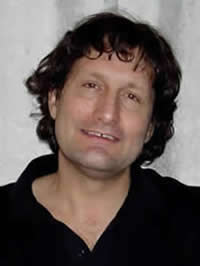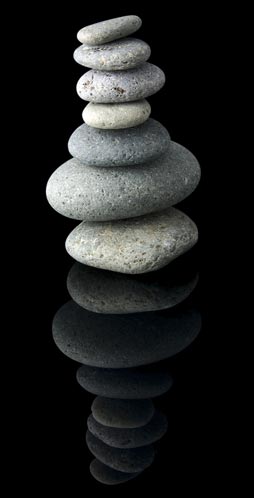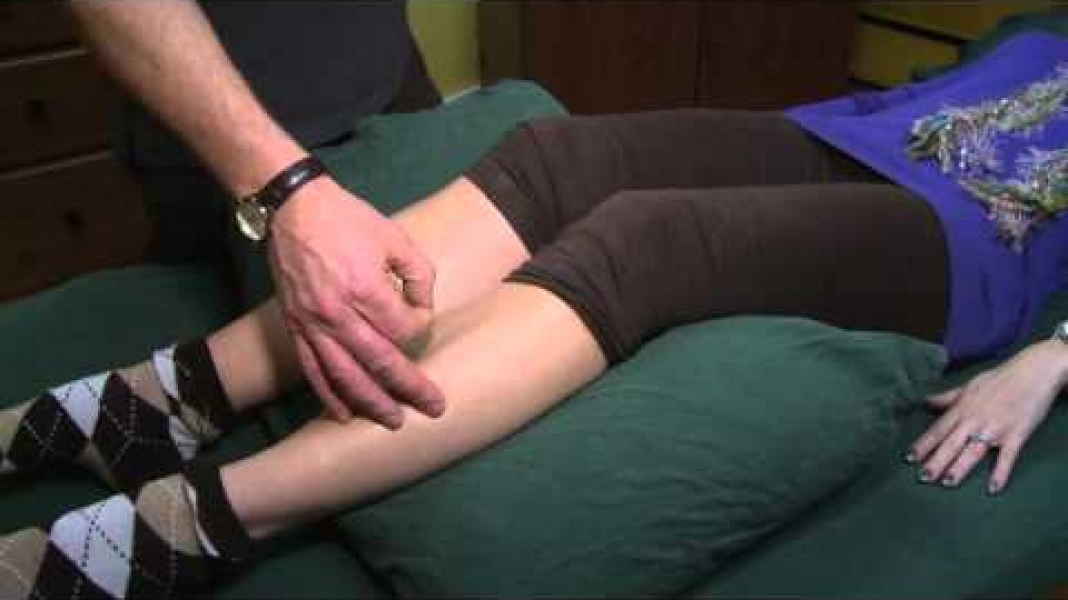
I want to talk about why we get sick.
What qualifies me to talk about this? Well, on the surface, it is because I have extensive post-secondary training and research experience in pathology. I am a pathology and pharmacology instructor at MacEwan University, and I am an acupuncturist who is trained to help people get well. But more deeply, what really qualifies me, is that like you I am a human being living my life. Just as most of us experience, sooner or later, we struggle with our health or sickness. The concept goes far, far beyond the current medical focus of specific symptoms, disorders, and diseases or just growing old. We know this, people in the medical system know this. This is not about blaming science or the medical system, or ourselves, or anyone for that matter. On the contrary, it is going beyond blame; it is looking at what each of us can do to better understand and take appropriate responsibility – healthcare consumers and providers and policy makers alike!
I went to a lecture last week by well known author, speaker and physician, Gabor Maté. He talked about the link between stress and disease, a subject from his bestseller book, “When the Body says NO – the costs of hidden stress”. I had remembered the book’s subtitle incorrectly – I thought it was “the hidden costs of stress”, as in we know we are in stress, but we don’t realize the true costs of not looking after ourselves until we finally get sick. But no, his message was more subtle than that. “The costs of hidden stress” implies that stress factors beneath our radar can be linked to disease, and truly catch us unaware.
Maté draws from many years and experiences working in palliative medicine, with people suffering from chronic disease at the end of their lives. They have instructed him; he has seen patterns. When stress is combined with other factors like life history, a sense of isolation, and certain attitudes, it can become a lethal cocktail. But again, we already know this. The implication is that many of the BIG diseases are psychosomatic. This euphemism used to mean it was all just in your head, a matter of perception, and of no real consequence in a physical manifestation. Now, over the last 25 years, science has shown that our thoughts and beliefs actually do manifest themselves in our bodies through our short and long-term stress response systems. Both our physiological and psychological systems adapt to stressors. And if the stressors do not go away when the mind-body’s alarms go off — in other words, when we have not adapted — these stress response systems get exhausted. We eventually get sick, at worse, or we do not thrive, at best. Even the text books we use to teach pathology now have special section on this mind-body connection. The mind-body curriculum is described in chapters entitled “Homeostasis and the Stress Response” and “Neuroendocrine – Immune Interaction”.
So the scientific story goes, chronic stress redirects resources from our basic physiological and behaviour life support systems toward a fight or flight response to survive. Here, science has shown how the immune system decreases in function, why we get hyper-alert and do not sleep well, how our blood pressure and sugar rises, how our appetite is too little or too much and our food is not digested well. The blood flow to our kidney’s and liver can even diminish in stress, since detoxifying the blood and removing wastes become less important when we are at war! The capacity to relate and connect with our loved ones, to perform simple tasks of keeping order in our house or getting food and cooking healthy meals, or doing a good job at work, can be suspended sometimes. In this busy, distracted world, our mind and body is on alert more than it should be, more than it was designed to be for optimal long-term functioning.
Interwoven with many poignant stories from his practice, Dr. Maté shows the science of how stress can have huge implications in our getting and healing with diseases like cancer and heart disease. He lists of other problems like asthma, rheumatoid arthritis, chronic fatigue, fibromyalgia and some mental disorders. His position, which makes sense to me, represents a fundamental dichotomy in the medical and social policy worlds. On the one hand, an inconveniently complex and messy idea that our mind and body are one, where we need to treat each person uniquely in the context of our statistically powerful scientific understanding of disease. Our thoughts and personal story really do determine the occurrence and outcome of a disease as much as the other “hard” epidemiological parameters like genetics and exposure to physical causative agents. The more conservative side of medicine says that our thoughts are more or less irrelevant to getting disease. We should treat each disease systematically and directly with protocols standing on the more tangible, “evidence-based” research of things we can measure and define well.
In the question and answer period, Dr. Maté indicated that people need to be seen not as a set of separate and unrelated problems addressed by different specialists who only have 5-10 minutes to make a decision and take an action. In his practice, he says he takes more time with patients if he can, to know them as whole people. He risks crossing the line of getting to know someone outside of their disease. He helps people see where stress turns into disease; helps people express their story and be less isolated. He helps them become more aware of what they need to do to help themselves. But most doctors are not able to do this under the current system of medical billing, especially when there are lineups of people waiting to see them. But is this their job anyhow? Something is wrong.
As an acupuncturist, I have made clear decisions about not practicing urgently and reactively. It has made a huge difference in the outcomes when I take time to understand a patient’s problem and their bigger story. The classic model for medical or traditional acupuncture is to spend only about 10 minutes with returning patients. This is just long enough to reevaluate quickly and put the needles in, and then go to the next room to treat 3 or 4 more people in sequence before coming back to take the needles out from the first 45 minutes later. Something like the modern medical model. In my work especially, I am not dealing with medical emergencies, but rather issues for which patients have already consulted with a doctor. So it sets me up for doing something different, addressing something the modern medical system may not be able to do, something which helps people take on better both the understanding and responsibility of their problem. It is why I only treat one patient at a time in private sessions, taking up to an hour to assess, treat, and know a patient beyond their main complaint.
What I appreciate about Dr. Maté, is that he can name the proverbial “Elephant-in-the-Room”. These observations about stress and well being and disease are accessible to any human being that pays attention over a lifetime. But Dr. Maté is working from within the medical system, and as such has a huge capacity and authority to back up his conclusions. His lecture was sponsored and organized by Alberta Health Services at the new Edmonton Clinic Health Academy at the University of Alberta. The lecture theatre was not full, nor were there more than a few people present at video conferencing links from around the province. But it was a symbol that our government is willing to engage this discussion and is open to promote new ways of going forward.
We are at a time of unprecedented physical security, are living longer than ever, and are surviving quite well. But we want to thrive: body, mind, and spirit. Who is going to help us do this job? As I walked out of the amphitheater after the talk, I struck up a conversation with a physician who had also attended. We shared our thoughts as we walked to the parkade and she said something that really stuck with me – “It would take a radical change to the medical system– like a triage-type reallocation of focus and resources – if we were to redirect efforts away from heart surgeries and put it into the prevention in health and social systems in younger people necessary to prevent heart disease later in life”. Her implication was that this monumental change from reactive to preventative healthcare could not happen. But I wonder? Maybe it is not so much in the government who can change this dilemma, but in each one of us?





